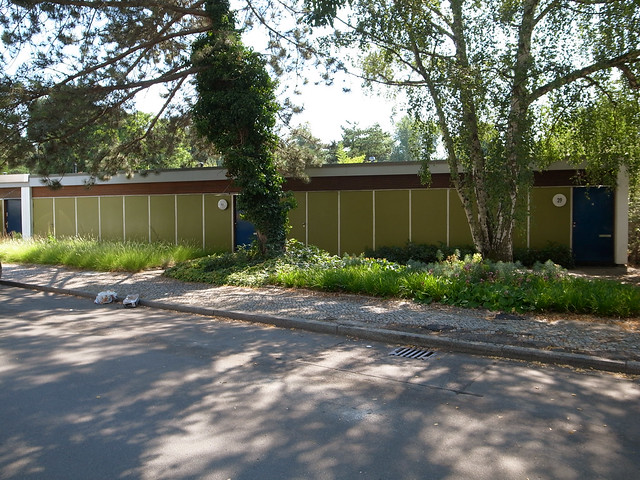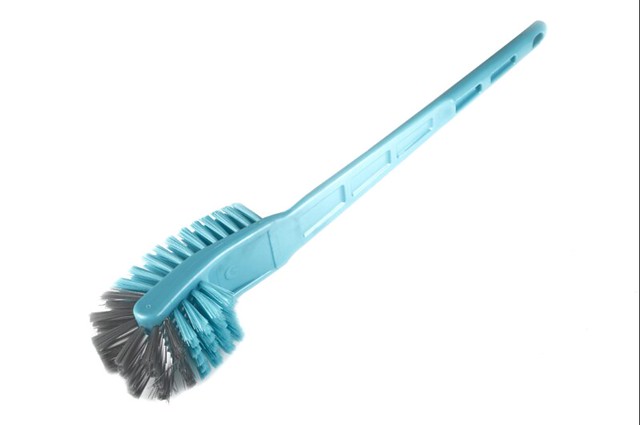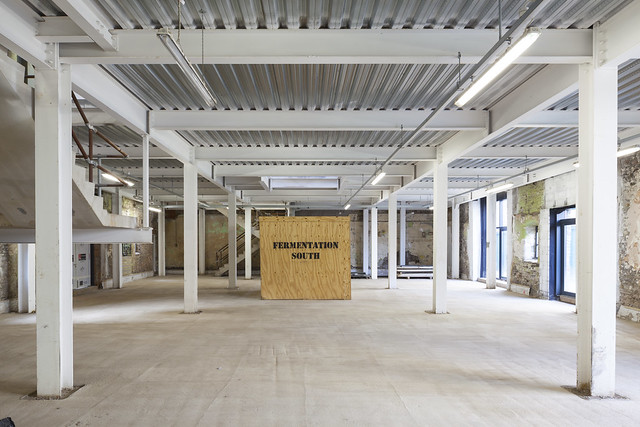Choosing an Air Conditioning Supplier
When choosing an Air Conditioning Supplier, evaluate how long they’ve been in business and if their products are designed for use in difficult environments. Also, make sure they offer enclosure air conditioners with a range of thermal capacities.
The equipment shortage has impacted residential replacement and repair jobs, as well as new home construction. It’s also affecting companies that provide service to the HVAC industry.
Cost-effectiveness
Despite the high cost of air conditioning equipment, many businesses find that it’s well worth the investment. Air conditioning systems help boost employee productivity, which in turn leads to business growth and a higher bottom line. Additionally, energy-efficient HVAC systems can reduce building energy costs by up to 30%. This savings is a great way to offset the initial cost of air conditioning units, AC servicing and regular maintenance.
In 2024, the HVAC industry witnessed unprecedented pricing increases due to a variety of factors. These include rising raw material costs, supply chain disruptions, and increased demand. These price hikes can significantly impact household budgets and long-term investments in home infrastructure. For families living in regions with extreme weather, this is particularly challenging.
When it comes to deciding which HVAC wholesaler to work with, choose one that offers value-added features and provides excellent customer service. A local company is more likely to offer Air Conditioning Supplier you these options. It will also buy supplies locally and employ people in your community. In addition, it will contribute to local charities and donate to educational organizations. This is a way to support your community while keeping your costs down. Additionally, these companies are able to provide you with better technical support and advice.
Energy efficiency
With HVAC making up 35% of a typical building’s carbon emissions, it’s no wonder that energy efficiency is becoming more and more important. This is especially true with the current supply chain shortages that have multifamily, commercial and individual homeowners waiting for units and parts to become available. This is driving many of these consumers to consider alternatives like converting their heating and cooling to electricity to reduce the amount of fossil fuel used in their buildings.
Energy Efficiency is measured in the Seasonal Energy Efficiency Ratio (SEER). The higher the SEER, the more efficient the unit is. A SEER rating above 16 is considered good. While a high SEER rating will cost more upfront, the unit will save you money in the long run as you use less energy to cool your home.
Under the Energy Policy and Conservation Act (“EPCA”), DOE must periodically determine whether more-stringent energy conservation standards for room air conditioners are technologically feasible and economically justified. To do this, DOE conducted an engineering analysis in which it determined the maximum technically feasible (also known as “max-tech”) improvements that could be made to a product class of room air conditioners. The max-tech levels were based on the design parameters of the most efficient room air conditioners currently available in the marketplace or in working prototypes.
Durability
Air conditioning manufacturers are adjusting their supply chains to reduce long-term costs and improve resilience. Bill-of-lading data shows that sourcing strategies are diverse, reflecting cost, Air Conditioning company risk and policy considerations. For example, some importers source almost entirely from mainland China, while others use a mix of supplier countries.
Finding quality HVAC supplies can be a challenge, especially for contractors on a tight budget. Fortunately, there are several online sellers that offer value-added features to help contractors meet their goals.


